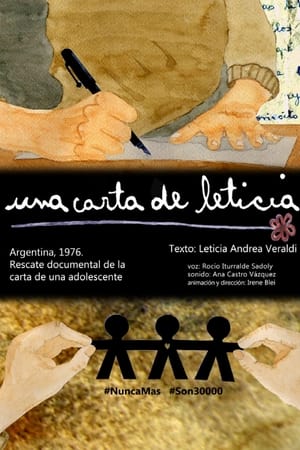
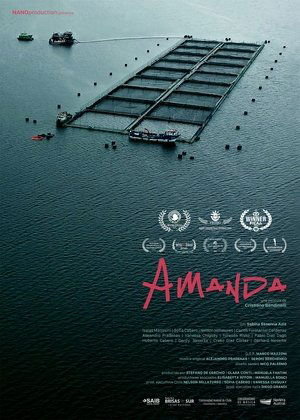
Amanda(NaN)
a movie about love and nature, filmed in Patagonia, during the big chilenian revolution.

Movie: Amanda
Top 5 Billed Cast
Amanda
Manuel

Amanda
HomePage
Overview
a movie about love and nature, filmed in Patagonia, during the big chilenian revolution.
Release Date
Average
0
Rating:
0.0 startsTagline
Genres
Languages:
EspañolKeywords
Similar Movies
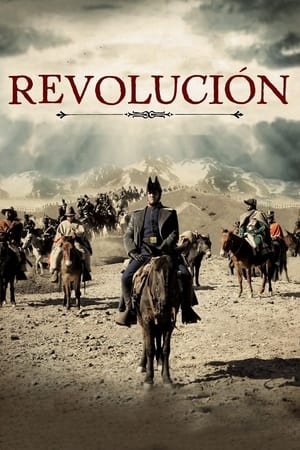 6.5
6.5The Crossing of the Andes(es)
Buenos Aires, 1880. A journalist interviews Manuel Esteban Corvalán, one of the last living men who crossed the Andes in 1817 with José de San Martín, during the Argentinian and Chilean wars of independence, as one of his secretaries, when he was only 15 years old.
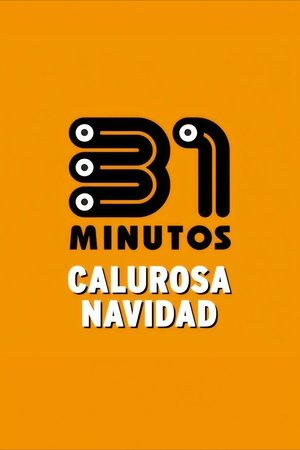 0.0
0.031 Minutos: Calurosa Navidad(es)
The star journalist of 31 Minutos, Juan Carlos Bodoque, is entrusted with the task of going to the North Pole to collect Christmas gifts from the entire town of Titirilquén, however, his temptation to gamble will get in the way of his mission. Meanwhile, Mario Hugo tries to put on a Christmas show in the studio, but everything ends up going wrong.
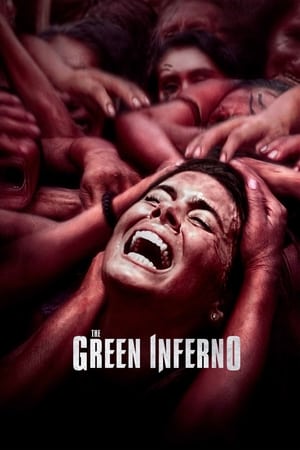 5.7
5.7The Green Inferno(en)
A group of student activists travel from New York City to the Amazon to save the rainforest. However, once they arrive in this vast green landscape, they soon discover that they are not alone… and that no good deed goes unpunished.
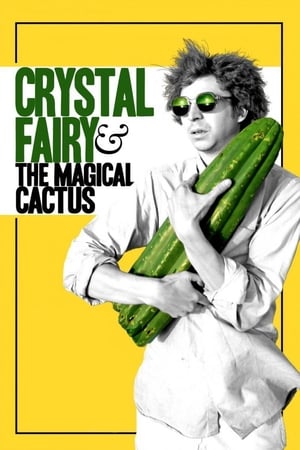 6.0
6.0Crystal Fairy & the Magical Cactus(es)
Jamie is a boorish, insensitive American twentysomething traveling in Chile, who somehow manages to create chaos at every turn. He and his friends are planning on taking a road trip north to experience a legendary shamanistic hallucinogen called the San Pedro cactus. In a fit of drunkenness at a wild party, Jamie invites an eccentric woman—a radical spirit named Crystal Fairy—to come along.
 7.0
7.0Patagonia Rising(es)
A documentary that chronicles a plan to build five large hydroelectric dams on two of the world's purest free-flowing rivers in Patagonia, Chile.
 10.0
10.0Patagonie Force 10(fr)
A team of 12 men, 5 sailors, a doctor, a writer, a film crew, and 3 mountaineers, Jean-Marc Boivin, Thierry Leroy, and Dominique Marchal, set off by sailboat from Mar del Plata in Argentina to reach Riso Patron in Chile, via the Strait of Magellan, the Patagonian Channels, and Falcon Fjord. Their goal is to climb Riso Patron and then make the first crossing of the Campo de Hielo Sur glacier, or Hielo Continental Patagónico, to meet up with the sailors in Puerto Williams on Navarino Island in Chile, a village at the end of the world. After three attempts and an accident for Leroy, who was repatriated, they gave up, crossed the glacier and rejoined the boat, to set off for Cape Horn to climb the South face, knowing that the weather was good one day a month... On January 20, 1983, Jean-Marc Boivin and Dominique Marchal succeeded in making the first ascent of the South face of Cape Horn.
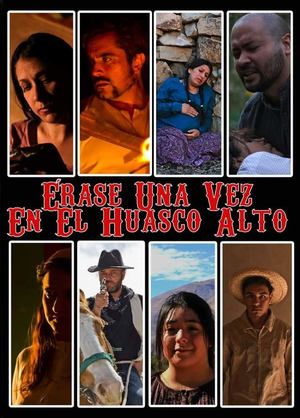 0.0
0.0Once upon a time in Huasco Alto(es)
In a place in northern Chile where oral tradition, myths and history are mixed in a single mysterious universe, four stories take place surrounded by emotion, music and local identity.
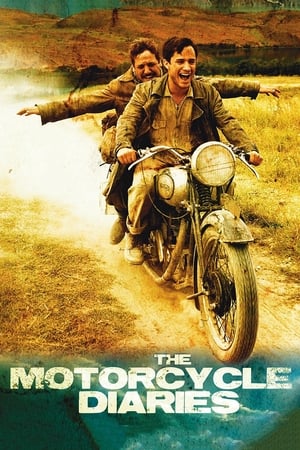 7.4
7.4The Motorcycle Diaries(es)
Based on the journals of Che Guevara, leader of the Cuban Revolution. In his memoirs, Guevara recounts adventures he and best friend Alberto Granado had while crossing South America by motorcycle in the early 1950s.
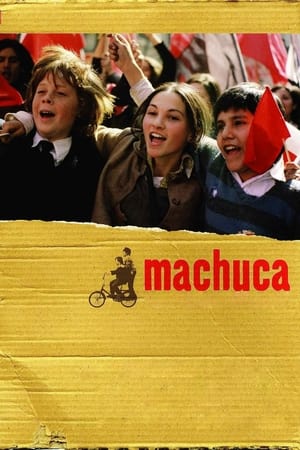 7.8
7.8Machuca(es)
Santiago, capital of Chile during the Marxist government of elected, highly controversial president Salvador Allende. Father McEnroe supports his leftist views by introducing a program at the prestigious "collegio" (Catholic prep school) St. Patrick to allow free admission of some proletarian kids. One of them is Pedro Machuca, slum-raised son of the cleaning lady in Gonzalo Infante's liberal-bourgeois home. Yet the new classmates become buddies, paradoxically protesting together as Gonzalo gets adopted by Pedro's slum family and gang. But the adults spoil that too, not in the least when general Pinochet's coup ousts Allende, and supporters such as McEnroe.
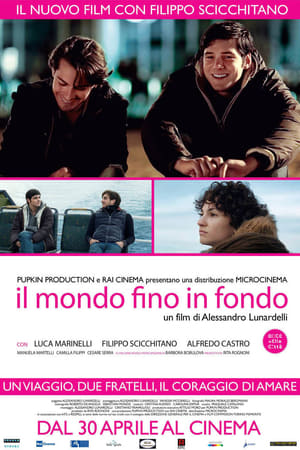 5.2
5.2Up to the World(it)
Davide and Loris are brothers and live in a very small village in the north of Italy. While Davide is eighteen years old and gay, Loris is almost thirty and doesn't know anything about his brother's sexuality.
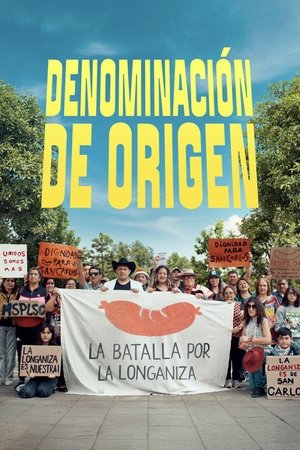 0.0
0.0Designation of Origin(es)
The small town of San Carlos suffers an atrocious injustice: the neighboring city of Chillán snatches from them the prize for the "Best Longaniza in Chile". Faced with this blatant theft, a group of people from San Carlos organizes a powerful social movement, which aims to obtain the precious "Denomination of Origin" for their longaniza sausages, and thus repair the damage and recover the dignity of their beloved town.
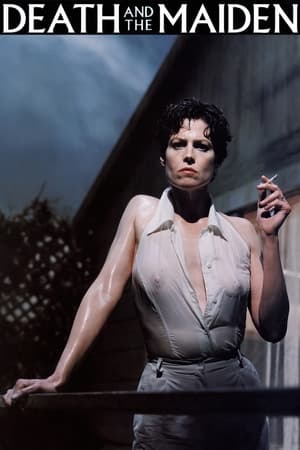 7.1
7.1Death and the Maiden(en)
A political activist is convinced that her guest is a man who once tortured her for the government.
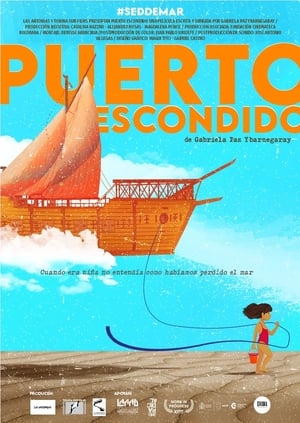 6.5
6.5Puerto escondido(es)
In 1879, Bolivia lost its access to the sea in a war. When I was a child I did not understand how we had lost it; he thought the Chileans had taken him away in buckets. It is a diary towards interior landscapes, myths, characters and contradictions in a country that relives this loss every day.
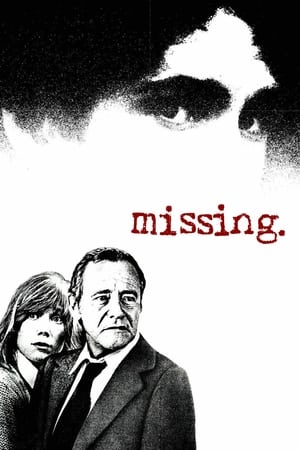 7.2
7.2Missing(en)
Based on the real-life experiences of Ed Horman. A conservative American businessman travels to Chile to investigate the sudden disappearance of his son after a military takeover. Accompanied by his son's wife he uncovers a trail of cover-ups that implicate the US State department which supports the dictatorship.
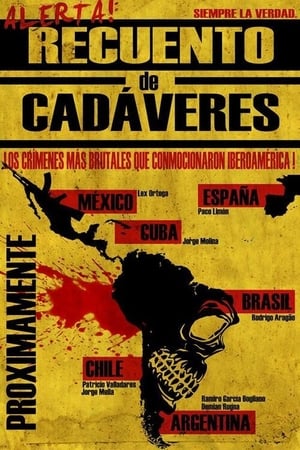 3.8
3.8Alerta: recuento de cadáveres(es)
Unites 8 Latin American filmmakers from countries such as Argentina, Brazil, Chile, Cuba, Spain, and Mexico in a single feature to count depict in seven stories some of the most brutal crimes that have happened in these countries.
 6.2
6.2In Bed(es)
It all begins at a party in Santiago, Chile, when a seemingly innocent gesture -- the offer of a ride home -- ends in a passionate night of lovemaking and intense conversation for young singles Bruno and Daniela. Shacked up at a flea-bitten motel for a one-night stand, the pair lingers deep into the night, alternating between powerful physical encounters and an ever-deepening emotional connection.
 7.0
7.0A Fantastic Woman(es)
Marina's life is thrown into turmoil following the death of her partner. Mourning the loss of the man she loved, she finds herself under intense scrutiny from those with no regard for her privacy.
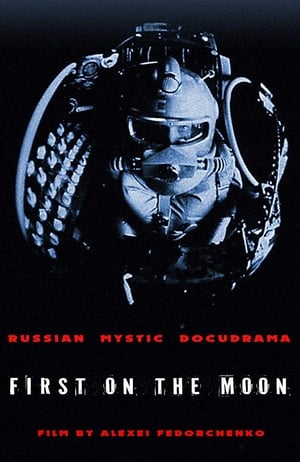 5.1
5.1First on the Moon(ru)
In spring 1938 in the mountains in the north of Chile a fiery UFO, later named "Chilean Sphere ", fell down. The investigation of this episode, made by a film crew, has led to a sensational discovery. It appeared that before the Second World War (in the thirties) in the USSR a secret space program had been developed. The Soviet scientists and military authorities managed to launch the first spacecraft 23 years prior to Jury Gagarin's flight! "The First on the Moon" tells about everyday life, heroic deeds and tragedy of the first group of the Soviet cosmonauts. It is the first Russian film shot in a very rare genre 'mockumentary' or 'documentary fiction'.
